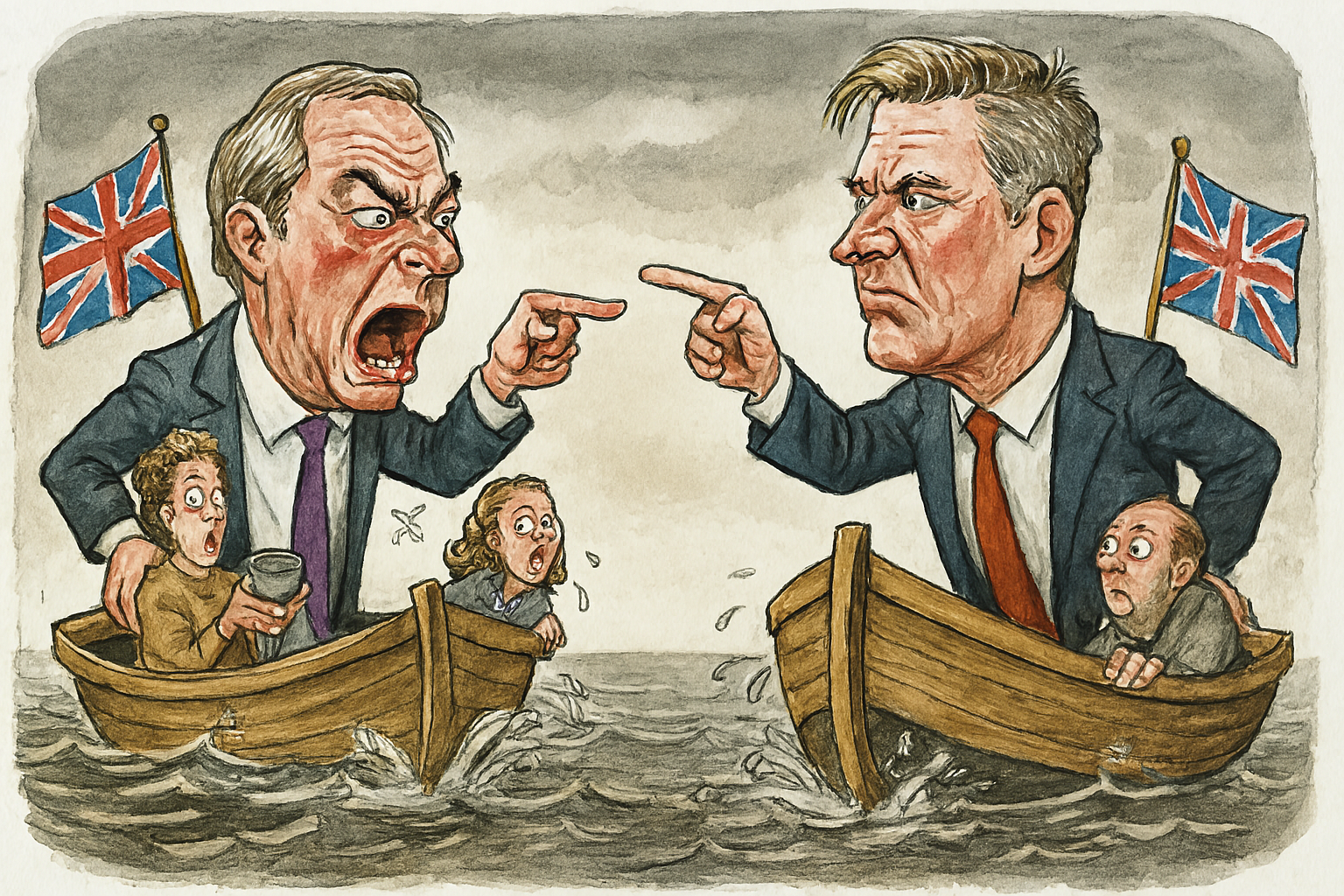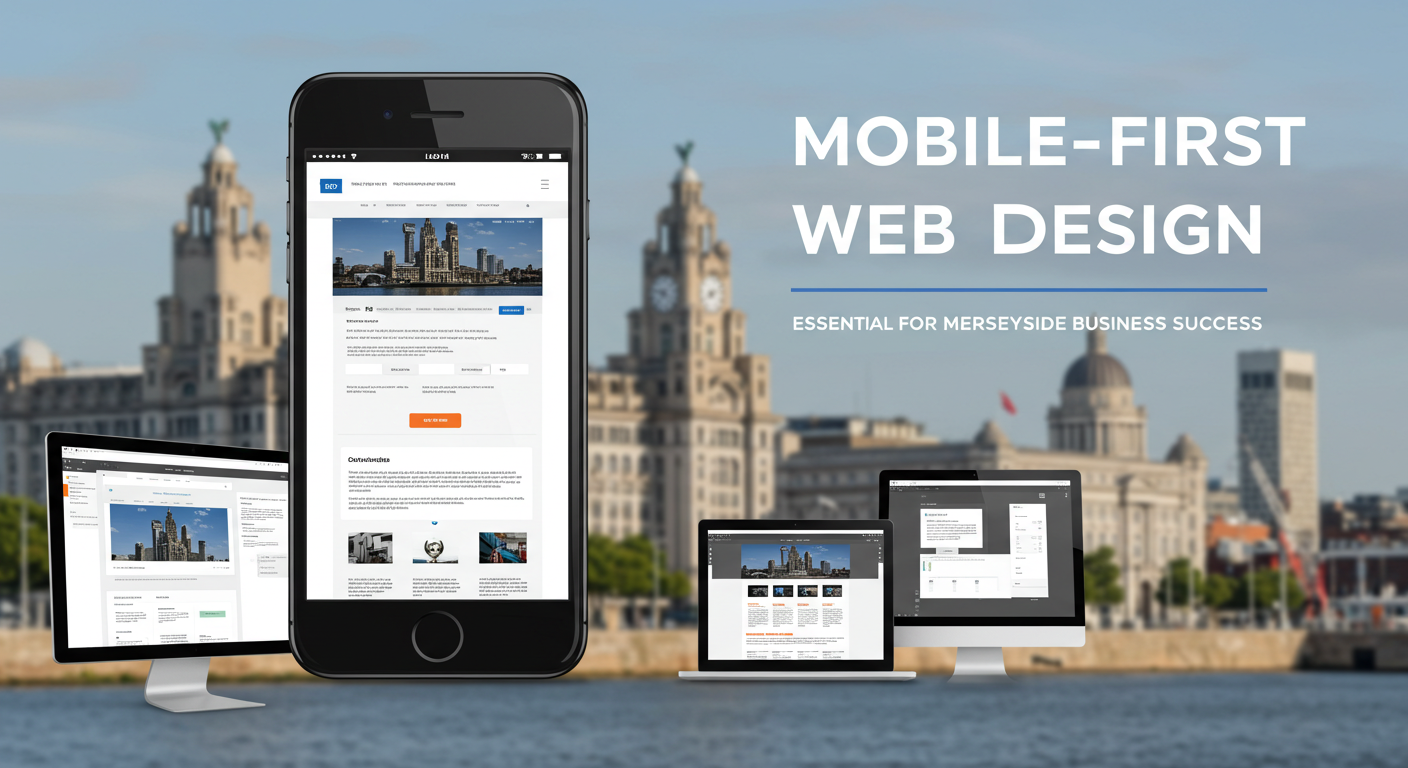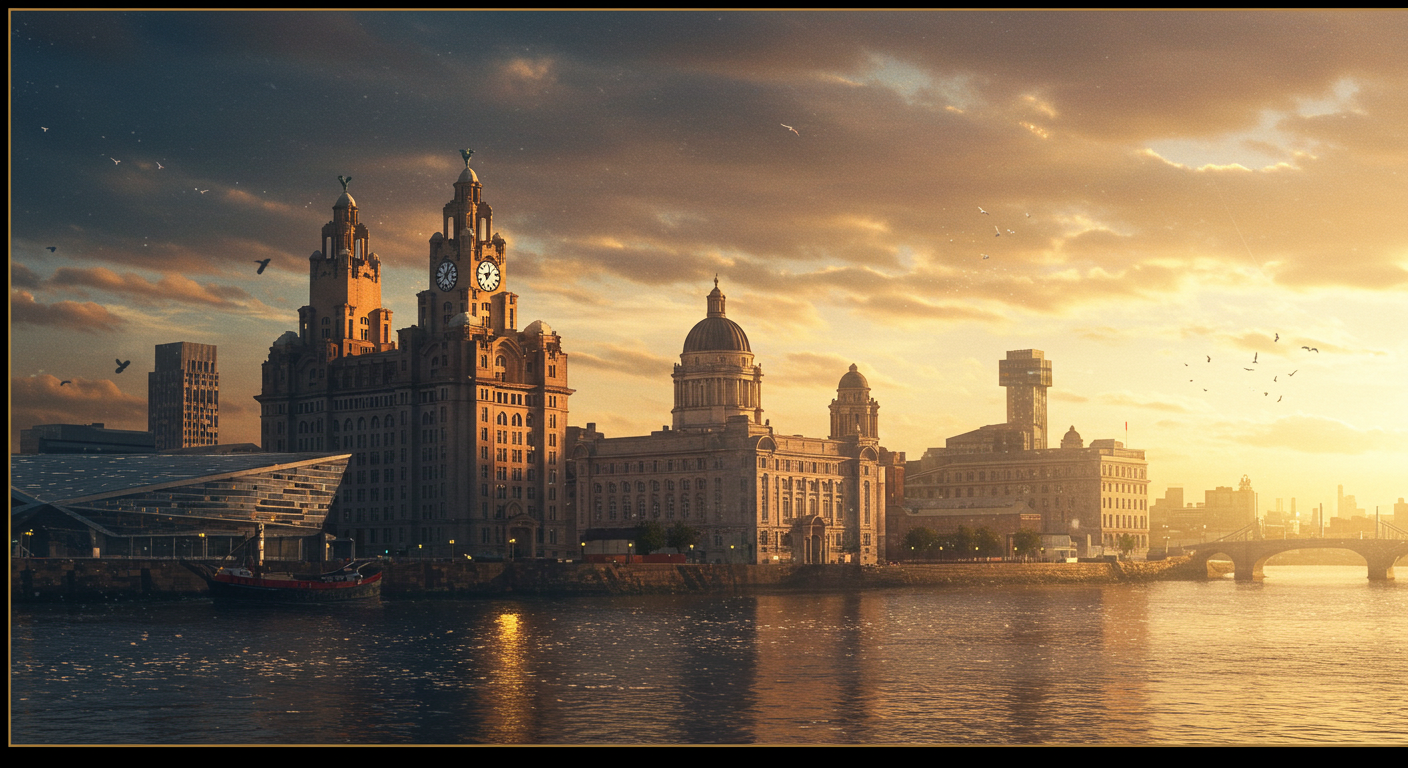The ‘Invasion’
These Are The Real Stats Destroying Britain
You’re being sold a story about migrants. The data shows the real crisis is the one they’re ignoring.
It’s a feeling you know well. You’re scrolling, and a headline about small boats hits you like a punch to the gut. The fear is real. Moments later, you see another story calling anyone with concerns a xenophobe. Now you’re angry. You are being pushed to pick a side in a fight that gets more toxic by the day.
But what if the entire fight is a performance? A grand illusion designed to profit from your anger while the real problems get worse?
The Great Misdirection: How They Trick You With 4%
Every magician needs a distraction. A grand gesture with one hand to hide what the other is really doing. In the UK today, the small boats are that grand gesture.
The numbers are designed to be startling. Nearly 30,000 people arrived via small boats in the year to September 2024. These journeys, run by criminals, are horrifically dangerous. The story is visual, emotional, and terrifying. It’s also the perfect cover for a much bigger, less convenient truth.
The Real Picture: In the 12 months to June 2024, net migration was over 750,000 people. Small boats account for 4% or less of total arrivals. The other 96%+ arrive legally via managed routes.
Why the misdirection? Because outrage is a business model. A story about a foreign engineer arriving legally to work in our tech sector doesn’t make you click. A picture of a dinghy does. Both sides get richer while the country is torn apart.
The Outrage Industry: A Tale of Two Strategies
This isn’t an accident; it’s a finely tuned machine. On one side, right-wing media outlets master the art of outrage farming. They use emotive, often alarming, language to create a constant sense of crisis. The focus remains relentlessly on the 4% of small boat arrivals, framing it as an “invasion” to generate fear and, most importantly, clicks from a loyal base that feels their identity is under threat. Context is sacrificed for emotional impact.
On the other side, left-wing media outlets often adopt a strategy of moral derision. They frame any legitimate public concern about the strain on services or the pace of change as inherently ignorant or bigoted. This approach generates clicks through self-affirmation and moral outrage, creating an echo chamber for their audience. The tragic result is that it alienates vast swathes of the population, shuts down genuine conversation, and reinforces the very toxic tribalism that prevents any real solutions from emerging.
Total UK Arrivals: Small Boats vs. Legal Routes
Source: Based on Home Office visa grants and detected arrivals data.
So, Who Are the Other 96%?
The debate almost never focuses on the vast majority of people coming to the UK. But when you look at the facts, a very different picture emerges. Of the roughly 1.2 million people who moved here in the last year, here’s who they really are:
Breakdown of Long-Term Immigration (Non-EU)
Source: Based on Office for National Statistics (ONS) long-term immigration estimates.
The University Dilemma
International students are a huge, often ignored, part of this story. They help fund our world-class universities by paying higher fees. At top institutions like UCL and Imperial College, they make up over half the student body. But recent rule changes have caused international applications to plummet. This is already causing damage: Cardiff University plans to cut 400 jobs. We now face a stark choice: raise fees for British students, or watch our world-leading universities decline.
The Real Crisis They’re Hiding
This grand illusion only works because people are already anxious. But that anxiety doesn’t come from a boat on the horizon—it comes from the bills on the kitchen table and the undeniable feeling that Britain is creaking at the seams. It is a perfectly balanced view to want to control migration. It’s not racist to worry about a full house when you can feel the floorboards groaning, nor is it racist to feel British values are under attack and to show patriotism by putting up a flag. These are valid concerns. The real problem is that politicians want you to argue about who to blame, instead of demanding they fix the foundations.
And let’s be clear on one undeniable fact: high levels of migration do put a real, measurable strain on public services.
Britain’s Domestic Pressure Points
Housing Crisis
Renters spend an average of 36.3% of income on rent, far above the affordability threshold.
Pay Squeeze
Real wages have faced the longest period of stagnation in over 200 years.
NHS Strain
The average GP now has 2,258 registered patients, a 16% rise since 2015.
Sources: ONS, TUC Research, RCGP.
The Housing Crisis: Migration adds competition for homes in a country that already fails to build enough, worsening the housing crisis.
The Pay Squeeze: For the lowest-paid workers, high migration can depress pay slightly. When you’re already struggling, any drop is a big deal.
The NHS & Care Strain: More people means more demand. Almost 1 in 5 carers is a migrant, propping up a system struggling with low pay for vital jobs.
When anxiety is at its peak, they play the crime card. But once again, the facts reveal a more complex story. Research consistently shows crime is driven by poverty, age, and opportunity—not a person’s passport.
Crime Fact vs. Fiction: Foreign Nationals make up ~12% of the prison population, broadly similar to their share of the UK adult population. Source: House of Lords Library & Migration Observatory
It’s a Business Model, Not a Debate
This is where we must be brutally honest. The real enemy isn’t the migrant, “the left,” “the right,” or someone waving a flag. The real enemy is the business model that profits from making you hate those people. The media and politicians, on all sides, are deliberately feeding us a diet of black-and-white rage because it guarantees clicks and votes.
They have turned a legitimate national conversation into a toxic culture war. Wanting control over migration is a valid policy position, not a racist slur. Arguing that migration isn’t the root of all our problems is also a valid position, not a delusional fantasy. These are points on a spectrum of a complex debate that they have flattened into a battlefield for their own gain.
How to End The Blame Game
-
Demand the Full Story: Challenge single, emotional facts. Always ask: what are they not telling me?
-
Focus on Fixes, Not Fights: Support leaders who tackle the real, hard problems—housing, wages, the NHS—not those who just offer you an easy target to blame.
-
Follow the Money: If a story makes you furious at a group of people, ask yourself who profits from your rage.
They only win if you keep playing their game. It’s time to change the rules.
For Your Own Research
Don’t take anyone’s word for it. Check the data for yourself.
Full Fact
The UK’s independent fact-checking charity.
Office for National Statistics (ONS)
The UK’s largest independent producer of official statistics.
Migration Observatory
Oxford University’s impartial analysis of migration data.
House of Commons Library
Impartial research for MPs and the public.







